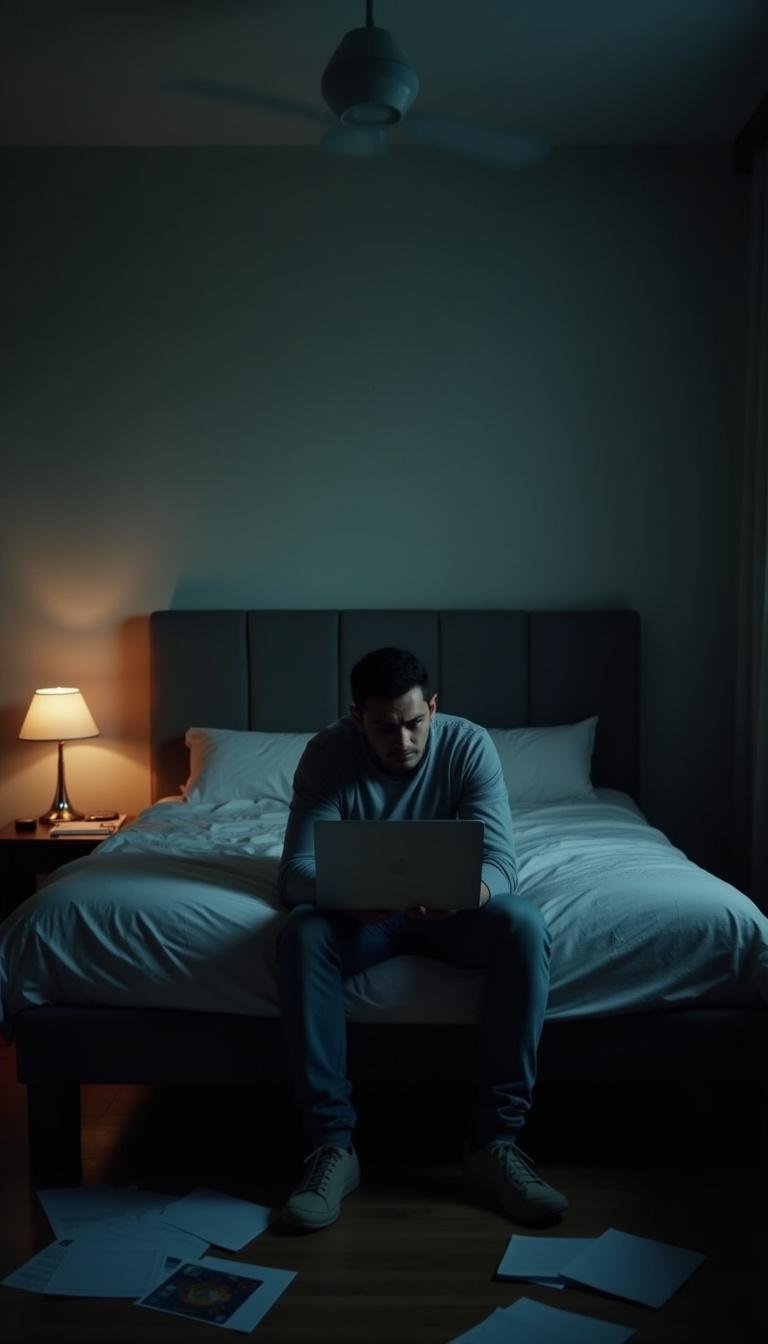1. Introduction
In today’s fast-paced and often overwhelming world, stress and anxiety have become pervasive issues affecting millions of individuals worldwide. Beyond their well-known psychological impacts, these mental health challenges profoundly influence various aspects of your life—including your sexual health and intimacy. Chronic stress and anxiety are major factors that can sabotage your sex life by reducing desire, impairing physical performance, and creating emotional distance between partners. Recognizing how stress functions as a barrier to a fulfilling sex life is essential for couples seeking to restore intimacy and boost overall relationship satisfaction. This comprehensive guide delves into the intricate connection between stress, anxiety, and sexual well-being, providing actionable strategies to overcome these obstacles and rekindle passion. For more profound insights into emotional bonds and attachment styles that influence your sexual needs, visit this resource. Additionally, understanding common myths about female pleasure can significantly impact your sexual confidence; click here.

2. How Stress and Anxiety Disrupt Sexual Desire
One of the most immediate ways that stress and anxiety undermine your sex life is by suppressing sexual desire. When your mind is preoccupied with worries—whether about work, finances, or personal fears—your body reacts by releasing stress hormones like cortisol and adrenaline. While these hormones are crucial in short bursts for survival, their persistent presence can derail hormonal balance, leading to a significant decline in libido. Reduced levels of key sex hormones such as testosterone and estrogen—essential for maintaining healthy sexual appetite—are common in individuals battling prolonged stress. Consequently, many people experience a marked decrease in interest in intimacy, which can create a feedback loop: stress diminishes desire, leading to relationship frustration, further stress, and even emotional withdrawal. Incorporating essential tools like a couples game for date night, such as RISKY COUPLES, can help reconnect you and your partner during stressful times and encourage open dialogue about desires and needs. Remember, managing stress is an integral step toward reigniting your sexual passion.

3. The Impact of Stress & Anxiety on Sexual Performance
Beyond lowering desire, stress and anxiety can have a detrimental effect on sexual performance. Men may experience issues such as erectile dysfunction, while women might struggle with arousal difficulties ororgasmic challenges. These issues are often rooted in the mind—when anxious thoughts dominate, focusing on sexual pleasure becomes difficult. Physical symptoms like muscle tension, rapid heartbeat, and shallow breathing create a physical barrier to full arousal, making intimacy uncomfortable or discouraging. The cycle becomes self-perpetuating: worry about performance heightens anxiety, which further impairs sexual capacity. To address these challenges, many couples find that tools like Couples Edition – 50 Scratch-Off Date Night Ideas can foster fun and relaxed ways to reconnect, reducing pressure during intimate moments. Acknowledging and managing performance anxiety is vital to restoring confidence and enhancing sexual fulfillment.

4. How Stress & Anxiety Affect Emotional Intimacy
Emotional intimacy is the foundation of a satisfying sexual relationship, yet it is often the first victim of ongoing stress and anxiety. When overwhelmed, individuals tend to withdraw from their partners, avoiding vulnerability and open communication. This emotional distancing can lead to misunderstandings, decreased trust, and reduced romantic closeness. Stress can also increase feelings of resentment and frustration—factors that further dampen emotional availability. To combat emotional strain and foster connection, consider incorporating conversation-starting tools such as Let’s Get Deep – 300 Question Card Game. This game encourages meaningful conversations, helps rebuild emotional bonds, and ultimately improves sexual intimacy by fostering trust and understanding. Recognizing the signs of emotional disconnect and actively working to address stressors are vital steps to nurturing a resilient and passionate partnership.

5. Practical Strategies to Overcome Stress & Anxiety for Better Sexual Life
- Practice Mindfulness and Meditation: Regular mindfulness exercises, such as guided meditation or deep breathing, can drastically lower cortisol levels. Incorporating apps like Love & Respect helps create a calm mental state, allowing you to reconnect with your body and enhance your sexual desire.
- Exercise Regularly: Engaging in physical activity releases endorphins—natural mood boosters—and reduces stress hormones. Consider activities like yoga or cardio workouts, and explore trends in intimate fitness from resources like 101 Nights of Great Sex to spice up your routine.
- Prioritize Communication with Your Partner: Open, honest conversations about stress, fears, and sexual concerns build trust and reduce anxiety. Tools like The Inner Work of Relationships offer guidance for fostering healthy dialogue and emotional connection.
- Seek Therapeutic Support: Professional counseling or couples therapy can be invaluable in managing anxiety and addressing underlying relationship issues. Investing in a structured approach, such as Love More, Fight Less, equips couples with communication skills essential for a healthy sex life.
- Manage Stress Factors: Identifying stress triggers—whether related to work, family, or health—and actively developing coping strategies reduce their impact. Using tools like Position of the Day can add variety and fun to your sex routine, easing performance pressure.
6. Frequently Asked Questions (FAQs)
Can stress and anxiety permanently damage my sex life?
Although stress and anxiety can temporarily impair your sexual desire and performance, these effects are usually reversible with effective management. Addressing mental health concerns, engaging in relaxation techniques, and seeking professional guidance can restore your sexual vitality. Remember, proactive steps toward emotional well-being are essential—resources like 101 Nights of Great Sex can be helpful tools on this journey.
What are effective ways to reduce stress impacting my sex life?
Combining mindfulness practices, regular physical activity, open communication, and professional support provides a comprehensive approach to stress reduction. Incorporating relationship-building activities like Couples Date Night Ideas can also facilitate relaxation and connection during stressful periods.
How does anxiety specifically affect sexual performance?
Anxiety elevates physical responses such as muscle tension, rapid heartbeat, and shallow breathing—all of which can hinder arousal. Psychologically, fear of failure or performance pressure can lead to avoidance behaviors, making intimacy unpleasant or even impossible. Recognizing these signs and addressing them—possibly with tools like Great Sex Strategies—can help mitigate the impact of anxiety on your sexual health.
7. Conclusion
Stress and anxiety are formidable obstacles that can significantly sabotage your sex life by reducing desire, impairing physical performance, and eroding emotional intimacy. However, with a clear understanding of these effects and the implementation of practical strategies—such as mindfulness, open communication, and professional support—you can regain control and foster a more satisfying and passionate relationship. Prioritizing mental health and emotional connection are the cornerstones of revitalizing your sexual well-being. Remember, seeking help and incorporating engaging tools like Risky Couples Game can make a meaningful difference. Embrace the journey toward emotional and physical fulfillment and enjoy a more vibrant romantic life.


2 thoughts on “How Stress & Anxiety Are Sabotaging Your Sex Life”